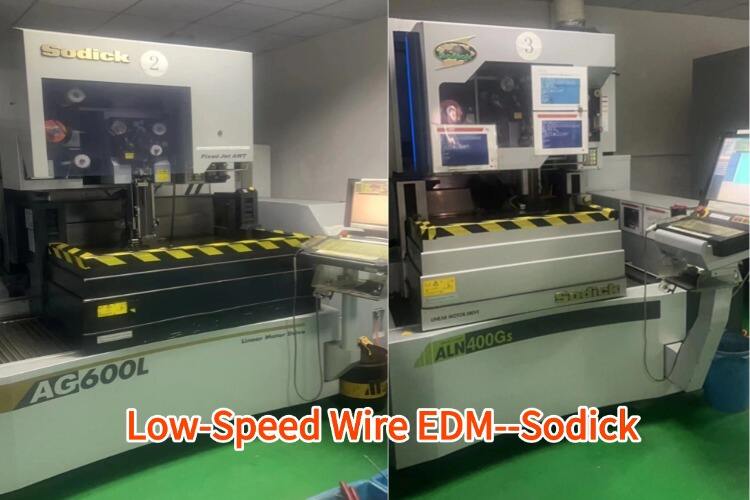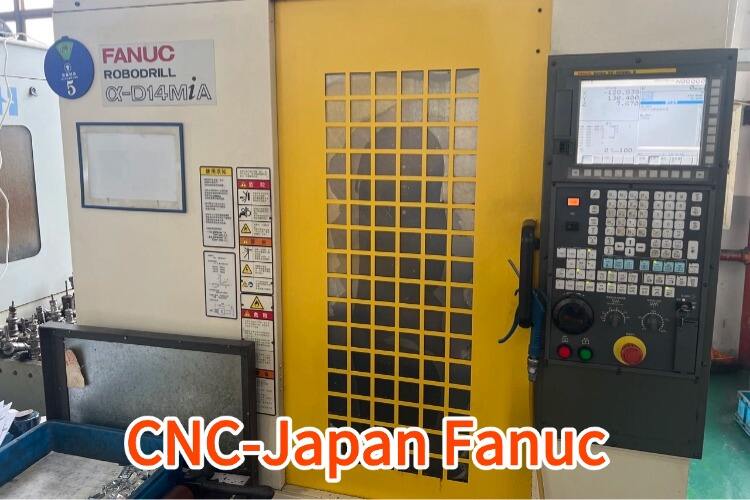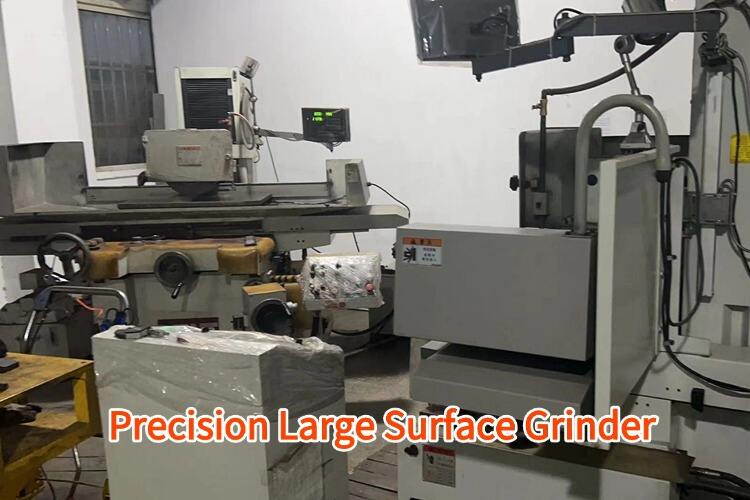what is cnc medical device manufacturing
CNC medical device manufacturing represents a cutting-edge approach to producing precision medical equipment and components through computer numerical control technology. This sophisticated manufacturing process combines advanced computer programming with high-precision machinery to create complex medical devices with exceptional accuracy and consistency. The technology enables manufacturers to produce intricate components for various medical applications, including surgical instruments, implants, diagnostic equipment, and therapeutic devices. CNC machines utilize multi-axis cutting tools guided by computer programs to shape materials like titanium, stainless steel, and medical-grade plastics into precise medical components. The process ensures strict adherence to regulatory requirements and maintains the highest standards of quality control. Advanced CAD/CAM software interfaces allow for detailed design implementation and rapid prototyping capabilities, enabling manufacturers to quickly iterate and optimize designs. The technology also supports the production of customized medical devices tailored to specific patient needs, particularly in orthopedics and dental applications. Through automated processes and digital control systems, CNC medical device manufacturing maintains consistent quality across production runs while minimizing human error and contamination risks.


